Advertisement
Every profession nowadays involves data, not only something for computer people. More individuals are using everyday data to solve issues, guide decisions, and produce outcomes. Often referred to as citizen data scientists, these employees are redefining corporate operations. Though not trained data pros, they are eager to learn. DataRobot training then becomes very important. It provides basic, methodical instruction meant for regular consumers.
You neither have a tech degree nor must write codes. Anyone can become capable of working with data with the correct tools and help. DataRobot's simple-to-learn tutorials and user-friendly platform enable this. No complicated background is required; in this guide, you will find how DataRobot is enabling individuals to develop their skills, become more confident, and introduce data into their regular work.
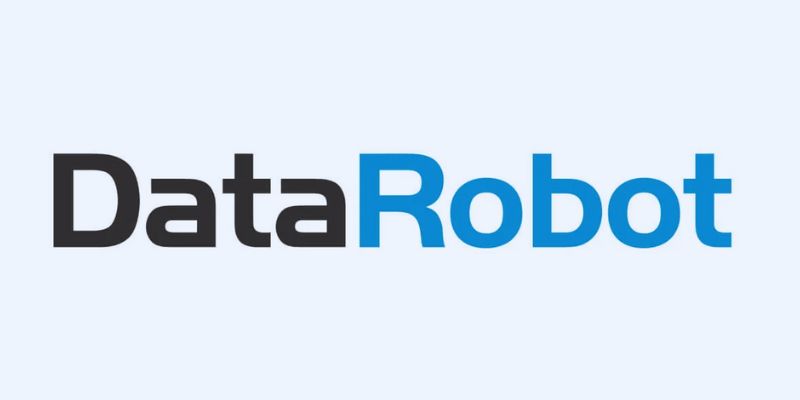
Working with data but lacking formal training, a citizen data scientist is someone like you. Usually, they operate in fields including operations, marketing, finance, or sales. Though they use data to support choices and enhance results, their primary responsibility is not data analysis. As simple tools become more widely available, more people in ordinary employment are now tackling data chores. These people neither create advanced models from scratch nor write sophisticated code. Rather, they apply programs that largely automate the procedure. They choose models, compile data, and, with directed assistance, interpret outcomes.
Citizen data scientists enable the link between data insights and corporate expertise. Knowing what their business requires, they make better decisions using statistics. Companies desire more people to use data every day; hence, this position is fast rising. Citizen data scientists may create valuable models, address actual business problems, and provide value using tools like DataRobot without having thorough technical knowledge. It's about having data work for everyone.
Data skills are becoming increasingly important in today's fast-changing workplace for purposes beyond experts. Many professionals increasingly use data to support choices, enhance results, and remain competitive. Though they work with data regularly, these people—known as citizen data scientists—are not trained data professionals. Often, departments such as marketing, sales, finance, or operations are involved. They employ clever tools to examine and grasp data, even when they do not create intricate models or code.
Without big data science teams, this increasing responsibility is enabling companies to get more data-driven. DataRobot and other tools are enabling this change by providing easily followed training with an eye toward actual corporate demands. The DataRobot platform assists customers step-by-step in supporting data preparation, model building, and result interpretation. Anyone may learn to work with data with the correct training boldly. Citizen data scientists are demonstrating that everyone can benefit from data science, not only experts, given the correct tools.
Particularly for citizen data scientists, DataRobot training aims to simplify data science for everyone by means of accessible tools. It presents a user-friendly platform with hands-on exercises, guided training, and methodical explanations. From data uploading and preparation to creating, assessing, and deploying models, the training spans the whole machine-learning process. Since the platform manages the technical chores behind the scenes, users do not need to know programming. Lessons comprise movies, practice exercises, and real-world examples to assist consumers in applying their knowledge at work.
Interactive dashboards that simplify outcomes in understandable language also help users boldly show data to others. The self-paced, flexible nature of the training makes fitting into hectic work schedules simple. To mark development and highlight success, it also features tests and certificates. Learning either alone or in a team, users acquire the knowledge required to make wise decisions based on data. The training available from DataRobot really promotes learning for all experience levels.
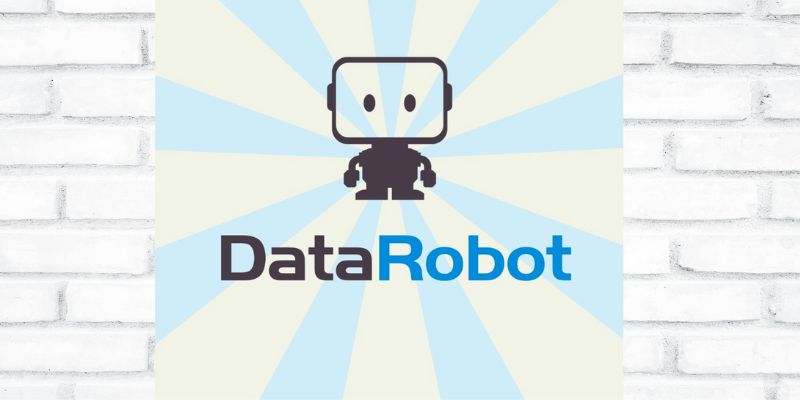
Training with DataRobot enables citizen data scientists to acquire fundamental competencies that simplify and improve their work with data. One main ability taught is data preparation; users learn how to arrange and clean data before analysis. They also pick up feature engineering—the creation of fresh variables meant to enhance model performance. Model creation is another crucial area where the platform helps consumers choose appropriate machine-learning models for their particular data.
Using visual tools and dashboards that simplify model outcomes, DataRobot teaches the understanding of results. Deploying models—that is, applying models in practical corporate environments—is another fundamental ability. The course also shows learners how to apply what they have discovered to actual problems at their companies, emphasizing data-based problem-solving. Through simple, hands-on sessions covering both technical processes and practical thinking, the program often increases confidence.
DataRobot's contribution to the future of employment lies mostly in making data skills accessible to anyone, not only professionals. Increasingly, employees will demand to know how to use data as companies rely increasingly on it to guide choices. By training citizen data scientists—regular professionals seeking data skills without becoming full-time data scientists—DataRobot helps address this need. Tools on the platform streamline difficult chores, including creating machine learning models, data analysis, and insight sharing.
Moreover, it simplifies automation, thereby saving time and increasing team output. Data skills will give workers an advantage in the employment market as technology continues to evolve. DataRobot helps employees gain confidence in using data to address actual challenges, therefore arming them for the future. Businesses gain as well since more individuals may participate in data-driven initiatives, therefore enhancing the value of teamwork. Data will be a component of every employment as we advance; DataRobot is enabling individuals to be ready for that change.
DataRobot is enabling daily experts in the modern workplace to interact with data differently. Its training provides basic tools and clear direction, so supporting citizen data scientists. These courses eliminate difficult arithmetic and coding, thus improving data skills accessibility. DataRobot guides users in developing confidence and enhancing performance by emphasizing practical challenges. Businesses gain from staff members who can use data to guide quicker, more intelligent decisions. Tools like DataRobot guarantee nobody is left behind as the nature of work moves toward a more data-driven direction. It shows that anyone can learn to use data properly and have long-lasting results with the correct help.
Advertisement
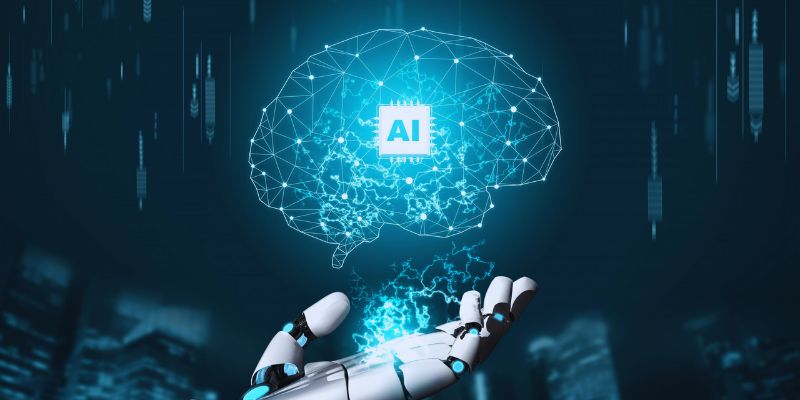
Learn how process industries can catch up in AI using clear steps focused on data, skills, pilot projects, and smart integration
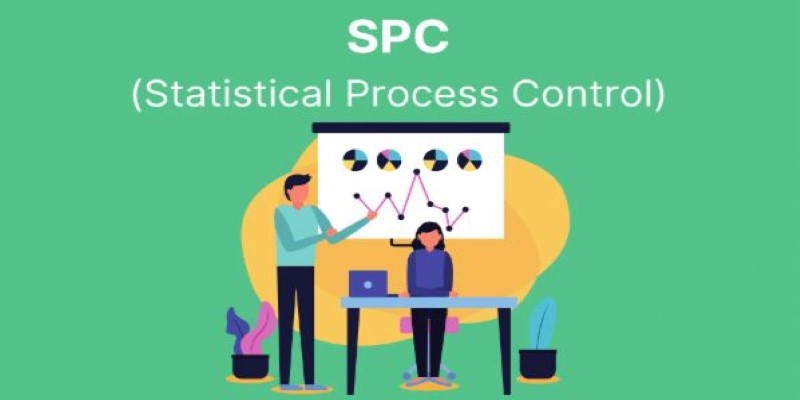
Statistical Process Control (SPC) Charts help businesses monitor, manage, and improve process quality with real-time data insights. Learn their types, benefits, and practical applications across industries

Discover DuckDB, a lightweight SQL database designed for fast analytics. Learn how DuckDB simplifies embedded analytics, works with modern data formats, and delivers high performance without complex setup

Find out the Top 6 Humanoid Robots in 2025 that are transforming industries and redefining human-machine interaction. Discover how these advanced AI-powered robots are shaping the future of automation, customer service, and healthcare

Building smart AI agents with LangChain enables developers to create intelligent agents that remember, reason, and act across multiple tools. Learn how the LangChain framework powers advanced prompt chaining for real-world AI automation

Wondering whether to use Streamlit or Gradio for your Python dashboard? Discover the key differences in setup, customization, use cases, and deployment to pick the best tool for your project
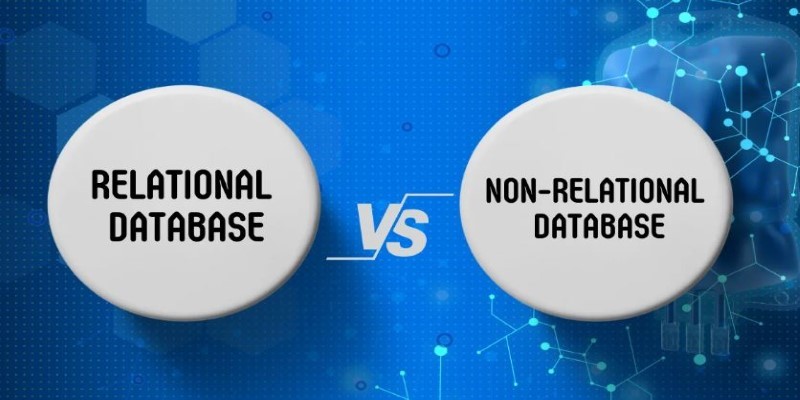
Understand the Difference Between Non Relational Database and Relational Database through clear comparisons of structure, performance, and scalability. Find out which is better for your data needs

Simpson’s Paradox is a statistical twist where trends reverse when data is combined, leading to misleading insights. Learn how this affects AI and real-world decisions

What Levenshtein Distance is and how it powers AI applications through string similarity, error correction, and fuzzy matching in natural language processing

How COUNT and COUNTA in Excel work, what makes them different, and how to apply them effectively in your spreadsheets. A practical guide for clearer, smarter data handling

How the Chain of Verification enhances prompt engineering for unparalleled accuracy. Discover how structured prompt validation minimizes AI errors and boosts response reliability
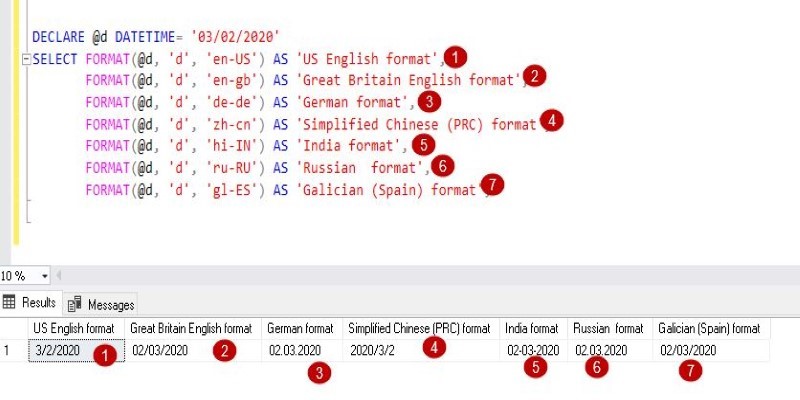
The FORMAT() function in SQL transforms how your data appears without changing its values. Learn how to use FORMAT() in SQL for clean, readable, and localized outputs in queries